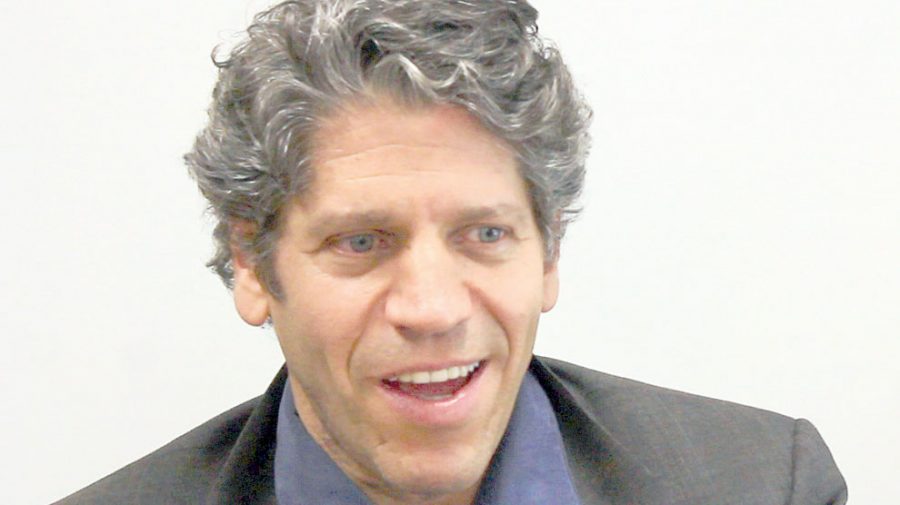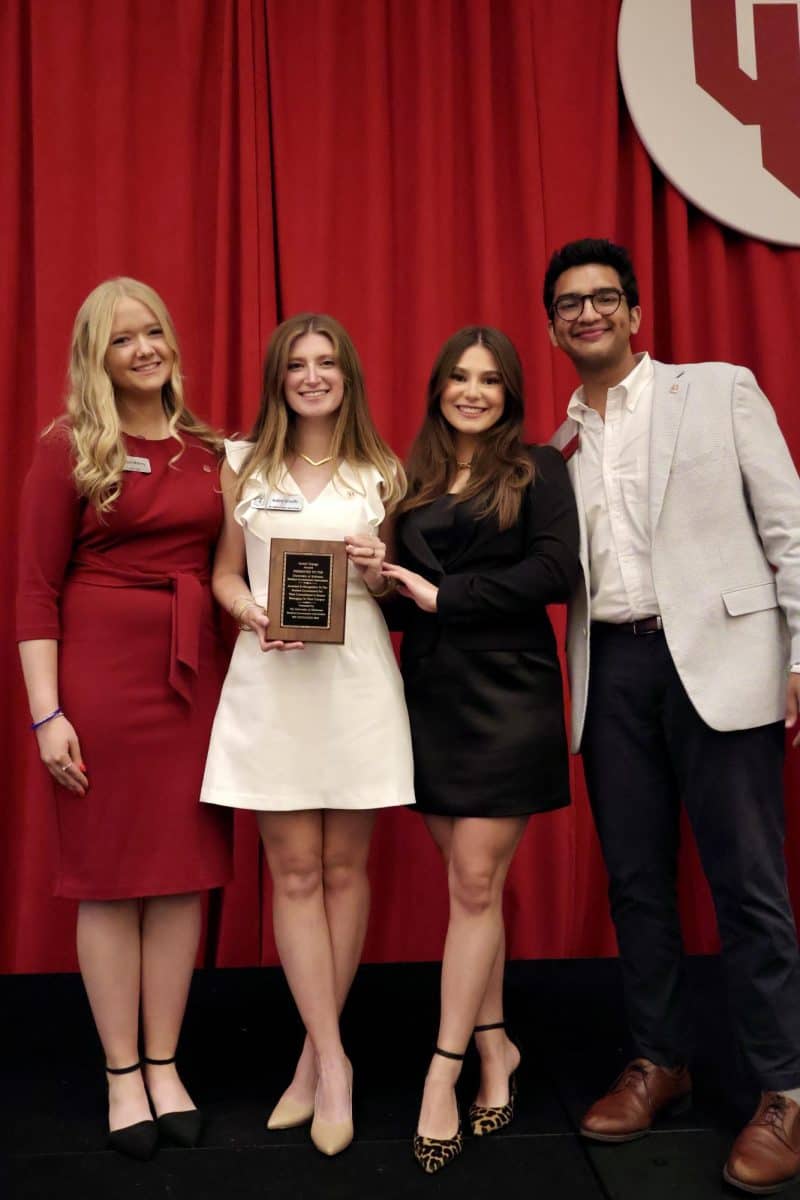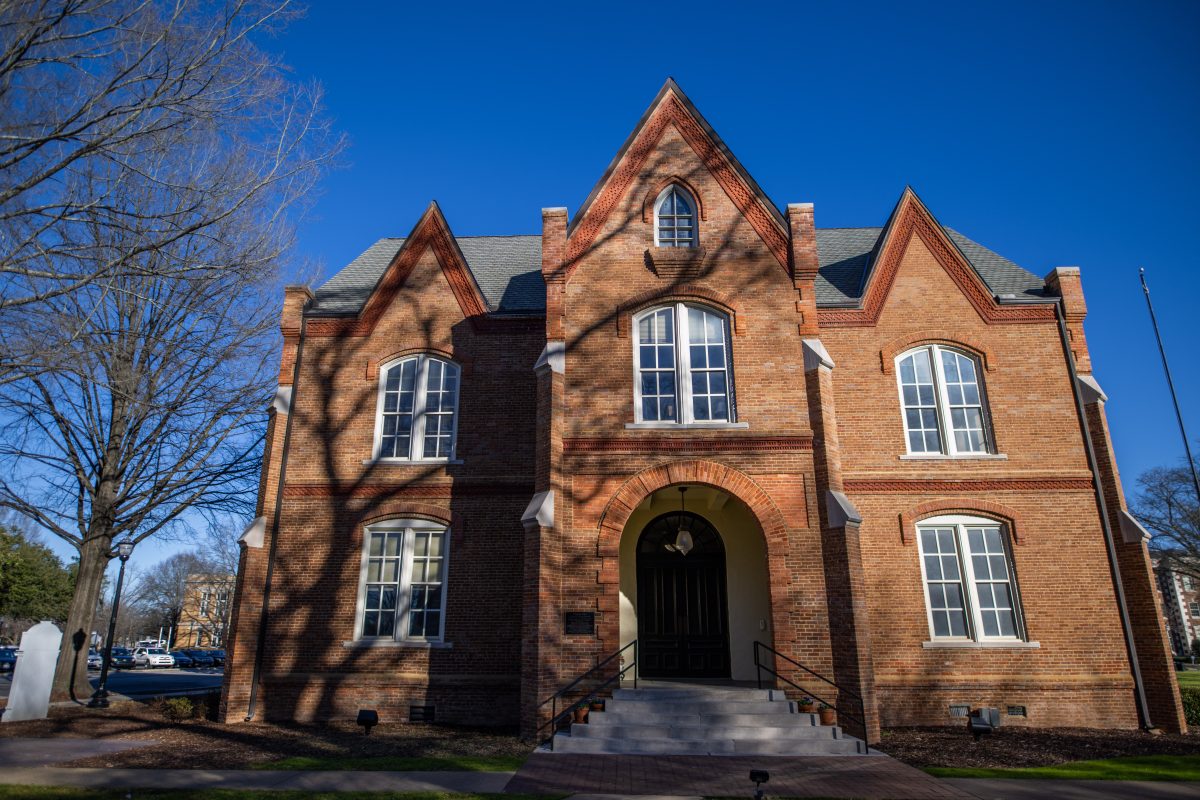Watch a video interview with Paul Rogat Loeb here.
Paul Loeb, a California native and noted national author of “Soul of a Citizen” and other books, applied former South African President Nelson Mandela’s multiplication of courage philosophy to a movement he believes is sorely needed at the University of Alabama – a movement for change – during a visit to campus last Thursday.
During several Student Affairs-sponsored events, Loeb spoke about the need to eliminate the racial segregation at the University, which he sees exemplified in the all-white greek system and Student Government Association.
“I can’t think of a single moral argument justifying why keeping it this way is a good thing,” said Loeb. “It is 2011.”
In a later interview, Loeb went on to say the extent of racial segregation is extreme at the University and exists as an ugly scar on the face of the University.
“It’s sad to say the administration has abdicated a moral role and chance to lead by allowing this to continue,” Loeb said. “And they can lead. They have the power to do everything from delaying rush to declare that if the fraternities and sororities on campus do not accept some non-whites within two years, the University will revoke their charters. They could then take the land back to be used for University housing.”
He said the fact that sororities and fraternities are private institutions is an unacceptable answer from the University regarding their lack of involvement in the integration process.
“Can a restaurant on University Boulevard say that no blacks are allowed to eat there because they are a private institution and can choose who they serve?” Loeb said. “I don’t think so. The administration doesn’t have the courage to integrate the greek system on their own stand, so the rest of the community needs to come together and give them courage.”
Loeb noted that 70 percent of the campus is not involved in greek life, and not everyone who is in the greek system favors segregation.
“Your tax dollars and tuition dollars are funding these new greek houses being built right now on University land,” Loeb said. “Again, this is a resource the University controls. There are Alabama taxpayers paying for those houses, and they will never have the chance to use them. They are paying for segregation.”
He also said he believes holding sorority recruitment before school starts is destructive.
“This way, these girls separate themselves off into groups from the beginning,” Loeb said. “It certainly doesn’t benefit them to be grouped with likeminded people for the remainder of their college careers. It does not accurately represent the diverse world they will graduate into. It is not only a disservice to non-greeks and other students; it is a disservice to the greeks.”
However, Loeb said he does not believe the greek system at the University is entirely bad.
“Then there is the other side of the greek system at the University,” he said. “This is the side that banded together in the aftermath of a deadly tornado to play an instrumental role in the rebuilding of houses and raising of money. These organizations are certainly not all bad. The structure just needs to change.”
Loeb said he not only sees a need for change in the racial divide of the greek system at the University, but also a need for change in the racial constitution of the Student Government Association and centers on the issue of block seating.
“Student government isn’t a private individual,” he said. “It’s a public trust. It seems to me this is an ongoing problem. Then there is the whole question of ‘the Machine.’ The idea that they meet in a back room or whatever and determine who to elect through block voting seems to go back to very ugly plantation-style politics.”
Loeb questioned the process of selecting the organizations that will participate in block seating as well, because he said it disenfranchises a whole group of students.
“Block seating makes everyone else second class citizens,” Loeb said. “It just seems problematic to have one group of students treated differently from other students. It certainly doesn’t make Alabama look good. It really doesn’t.”
He said change occurs when people make their voices heard at certain points and choose to actively speak out against injustice.
“So far you have people stepping back, saying maybe someone else will change it, but I’m not going to change it,” he said. “At some point, you just have to actively step forward and do the best you can to change something around. If it’s really wrong, and I think most of the campus would think racial segregation is wrong, you have to take a stand. If everyone would step up, things would change within a year.”
Loeb backed up his point by citing an example at the University of Washington when the administration was badly mistreating the janitors. He said all of the students banded together to hang a huge paper heart showing support for the janitors on Valentines Day. After the students really embraced the janitors who were being abused, the administration did the right thing—belatedly, he said.
“Sometimes having pressure is what it takes,” he said. “Pressure from the outside can really cause people on the inside to change.”
Mark Nelson, vice president for Student Affairs, later addressed Loeb’s points.
“Mr. Loeb discussed the need to have radical patience, to give human communities time to sort through what is wise and unwise,” Nelson said. “Many in Student Affairs and on our faculty consider themselves to be activists in our students’ lives which requires radical patience and, as Mr. Loeb notes, being mindful of cultural and political contexts and understanding that success depends on our broadening engagement, building new relationships, initiating dialogue and providing new opportunities. All of these things require taking time and listening closely. I believe his presence has afforded us the opportunity to do just that.”
Loeb said his challenge isn’t just for black students, but it is for all students, including greek students and the University administration.
“Just because something has happened for a long time doesn’t mean that’s the way it should be,” Loeb said. “The campus should be tied together as one, just as you were after the tornado hit. It’s time for the University of Alabama to do the right thing.”







